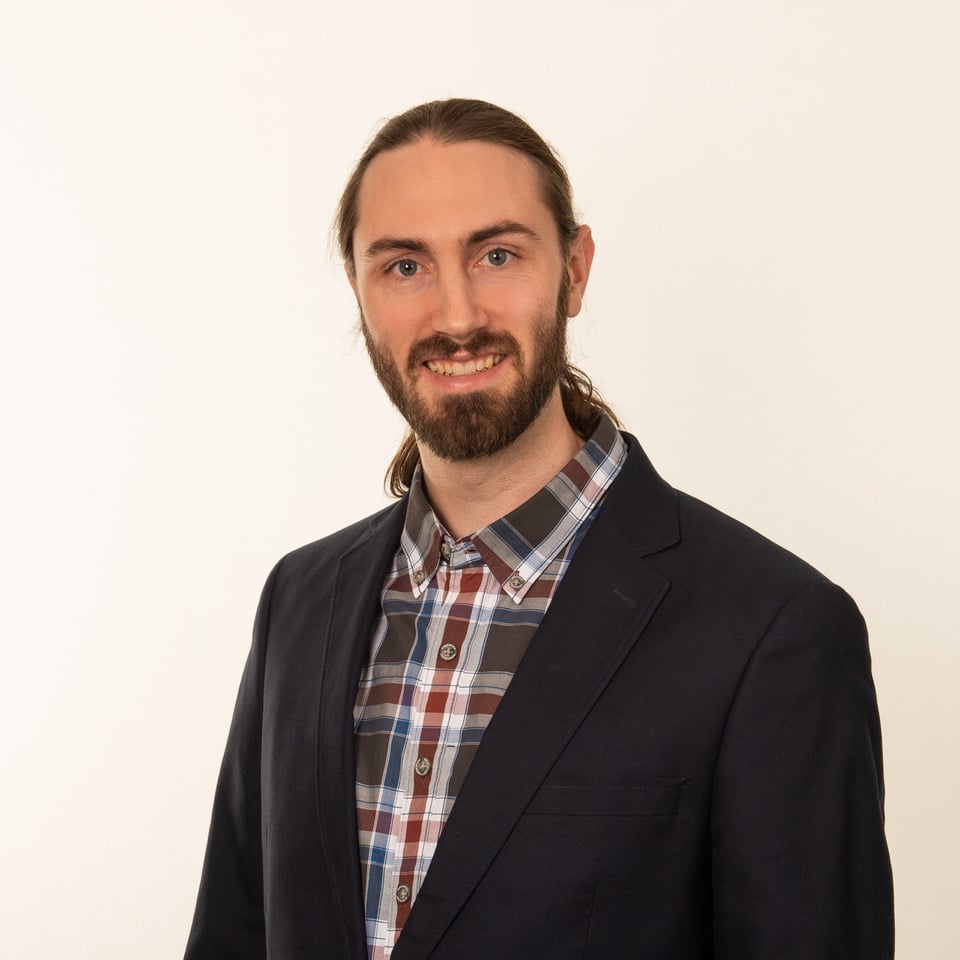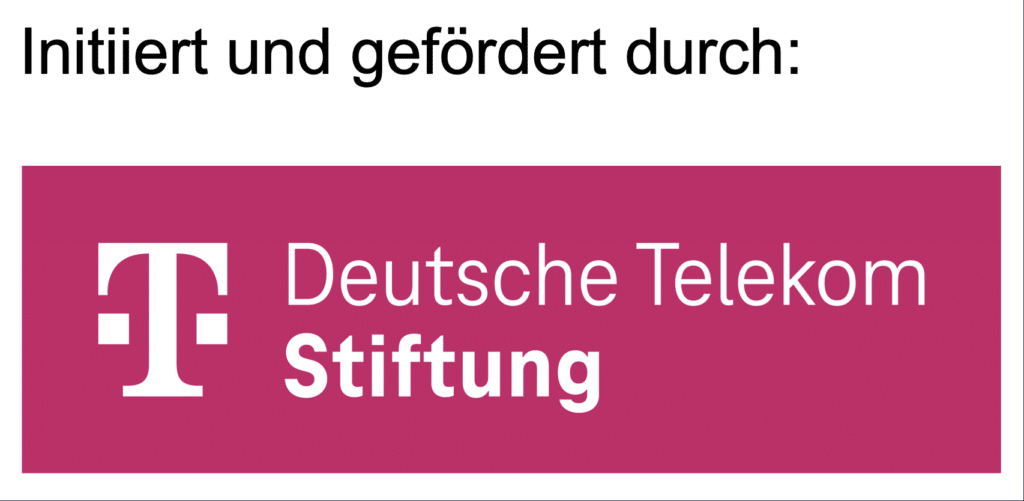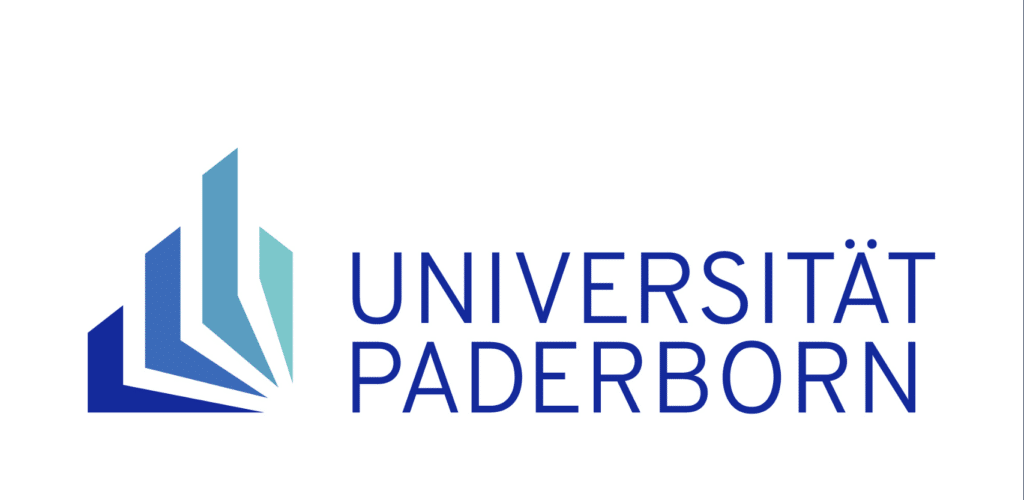Abstract
Computation holds great potential for enabling students to engage in creative, exploratory, and investigative scientific coursework. At the University of Oslo, we have been exploring this potential through the development and testing of a teaching tool known as a computational essay.
After using computational essays across several semesters of a large-enrollment physics course have found that they can serve a key role in both supporting and assessing students as they engage in open-ended, inquiry-based, disciplinarily-authentic coursework. In this talk, I will describe how we are conceptualizing student creativity and agency in science, how we use computational essays to support these qualities in our teaching, and possibilities for using computational essays as an alternative mode of assessment in science education.
Bio Tor Ole Odden

Tor Ole Odden is an associate professor of physics education research at the Center for Computing in Science Education, University of Oslo, Norway.
His research focuses on how computation can be leveraged to support student creativity and epistemic agency in science learning, how students acquire disciplinary computational literacy, and applications of natural language processing techniques to analyze science education research literature and data. Tor holds a PhD in physics education research from the University of Wisconsin-Madison, where his dissertation work focused on how undergraduate physics students make sense of abstract or tricky physics concepts, the specific strategies they use, and how instructors can help them in that process. Tor also holds a masters in physics from UW-Madison and a bachelors in physics from St. Olaf College in Northfield, Minnesota.



